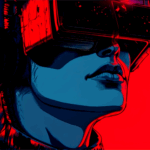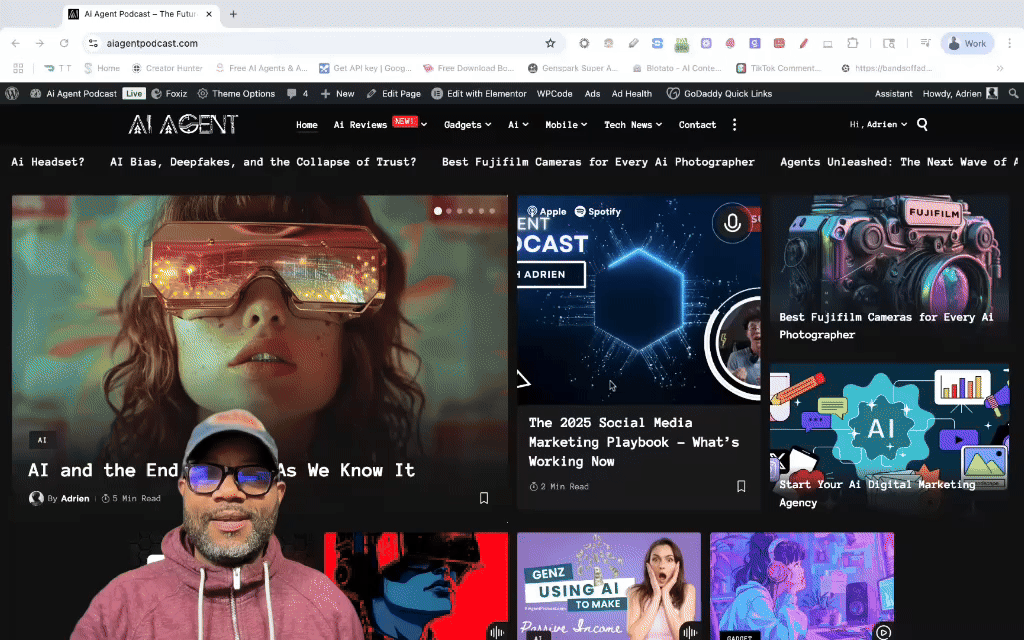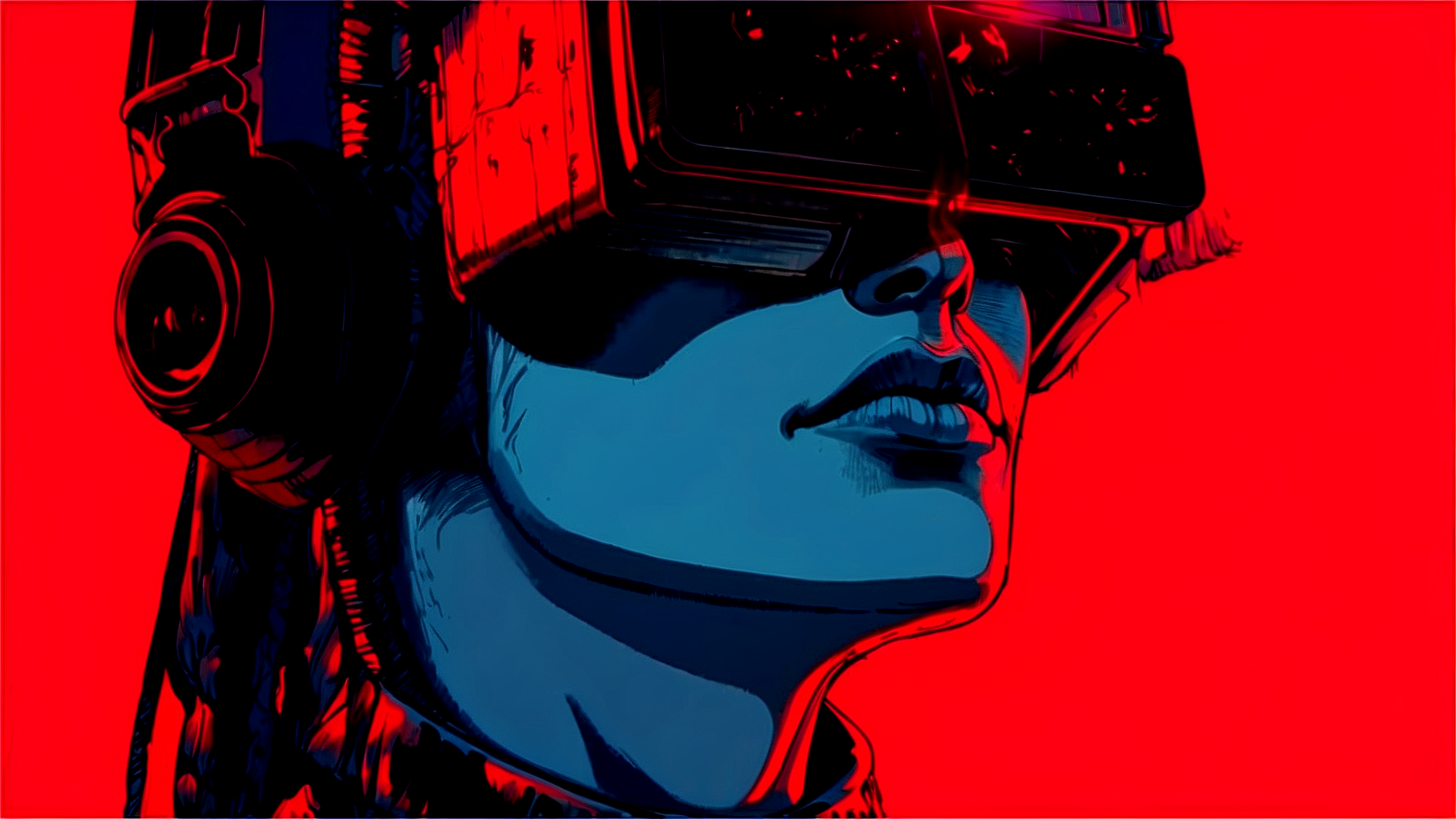Imagine waking up one morning to find your office has been replaced by an algorithm. Your daily tasks—emails, reports, planning—quietly executed with machine precision before you even sip your first coffee. The workforce is shifting, not with a bang, but with a whisper of code. As artificial intelligence strides into boardrooms, factories, studios, and even classrooms, it brings with it a silent revolution, questioning what we’ve long accepted as “work.” This article explores the rapidly changing landscape of employment in the age of AI—where opportunity and uncertainty walk hand in hand, and the very nature of labor is rewritten by machines that never tire. Welcome to the end of work as we know it. Or perhaps, the beginning of something entirely new.
Redefining Productivity in the Age of Intelligent Machines
- Machine learning throughput: How quickly systems adapt and refine results
- Decision augmentation rate: Speed and accuracy of AI-enhanced human choices
- Creative synthesis frequency: Instances where AI contributes to ideation, not just execution
The nature of collaboration, too, is evolving. Rather than assigning tasks, humans curate problems, and machines generate potential solutions. This interdependence is best illustrated by emerging roles and workflows:
| Human Skill | AI Contribution | New Outcome |
|---|---|---|
| Conceptual Thinking | Data Pattern Recognition | Insight-Driven Innovation |
| Empathy & Ethics | Predictive Analytics | Personalized User Design |
| Strategic Planning | Scenario Simulation | Risk-Resilient Strategies |
In this new landscape, the most productive workers won’t be those who do more faster, but those who orchestrate smarter systems — shaping, questioning, and interpreting machine outputs to unlock dimensions of work never previously imagined.
Preparing the Workforce for a Future Without Traditional Jobs
As automation redefines productivity, rethinking the way we train and empower individuals becomes crucial. The future may not promise a single lifelong career but rather a fluid mosaic of skills and short-term roles. To stay adaptable, educational models must evolve beyond degrees and diplomas. Consider initiatives like:
- Microlearning platforms that offer modular, skill-based lessons on-demand
- AI-powered personal coaches guiding users through dynamic job landscapes
- Virtual apprenticeship ecosystems replacing traditional internships
The shift is not just technological but cultural. Success hinges on how well people are equipped to navigate this shift—from identity to income. In response, organizations and governments are experimenting with new frameworks:
| Initiative | Description | Impact |
|---|---|---|
| Skill Wallets | Blockchain-based credentials for gig workers | Verified, portable skills |
| Universal Freelancer Portals | State-supported freelancing platforms | Fair pay & benefits |
| Ubiquity Grants | Flexible funding for perpetual learners | Lifelong upskilling |
To Wrap It Up
And so, as artificial intelligence reshapes the contours of our working world, we find ourselves not at an endpoint, but at a pivot. The familiar rhythms of nine-to-five may fade, replaced by new forms of labor, collaboration, and purpose that we have only begun to imagine. For some, this shift brings hope—of liberation from monotony, of time reclaimed. For others, it stirs unease—a future less certain, more automated, perhaps more unequal.
Yet history has taught us that with each great transformation, humanity adapts. We reforge our identities, rethink our roles, and reweave the fabric of society. Whether we are heading toward a utopia of leisure or grappling with upheaval, one thing is clear: the conversation about AI and work must continue—with curiosity, courage, and care. The future may no longer clock in at 9 a.m., but it’s most definitely calling.





